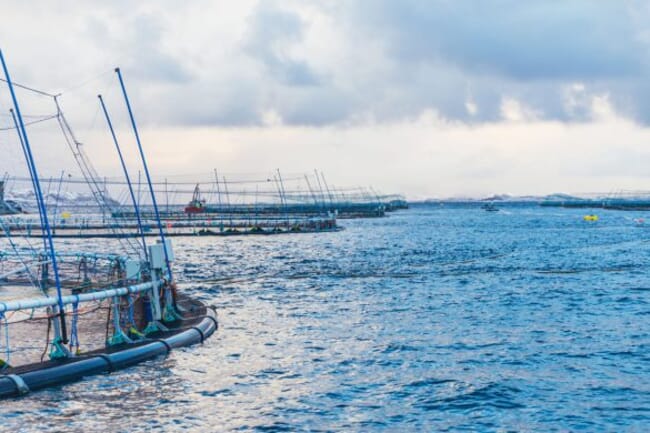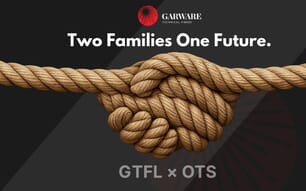
The build-up of debris on nets creates a notable obstacle within the aquaculture industry, impacting both the effectiveness of operations and the well-being of fish. Current cleaning methods come with environmental and equipment-related difficulties, all while posing a risk to the health of fish. It is crucial to develop sustainable and improved solutions in order to advance the industry's modernisation efforts.
To address this challenge, Remora Robotics, an aquaculture technology company based in Stavanger, Norway, has developed an autonomous cleaning robot which prevents biofouling of fish farm netting.
The daily cleaning of net structures, carried out automatically by the robot, has the potential to improve fish, health, welfare, and quality, as the removal of debris from netting can improve water flow-through, resulting in higher levels of dissolved oxygen within the pens.
Additionally, whilst cleaning the net structures, Remora also analyses and reports any damage to the netting.
In their description of the autonomous robot, the company states: “[Remora] scans the entire net and collects essential data from all depths of the pen's aquatic environment. For example, Remora can report back the level of biofouling on the net together with potential holes and wear preventing fish escape”.
In a press release announcing the investment, Lars Jørgen Loktu, investment manager at Grieg Kapital, said: “The company’s technology has the potential to streamline net cleaning and improve the health of farmed fish, which is crucial for the sustainable advancement of the aquaculture industry”.




